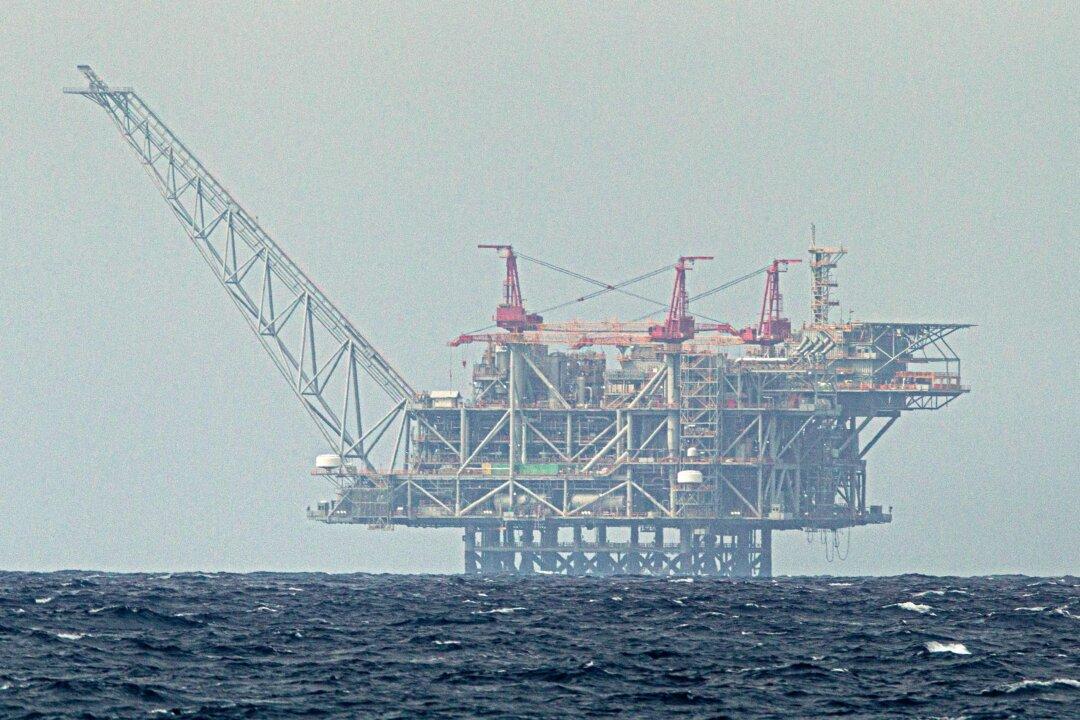Commentary
This week, Israel officially positioned itself as a natural gas supplier to Europe, one of the largest markets on earth.

This week, Israel officially positioned itself as a natural gas supplier to Europe, one of the largest markets on earth.